Should Britain help save the Iran nuclear deal?
UK support for the 2015 deal is wavering after the execution of a British-Iranian dual citizen
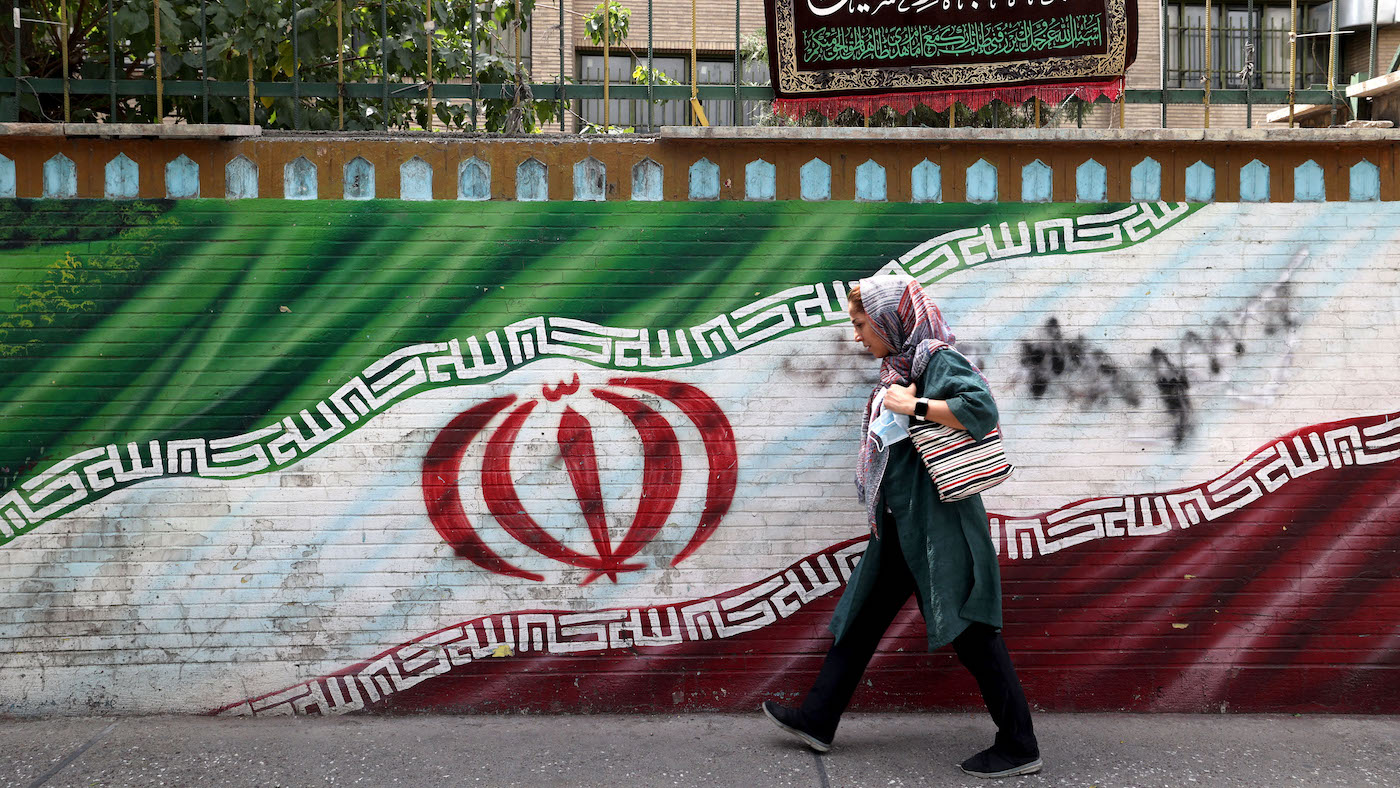
A free daily email with the biggest news stories of the day – and the best features from TheWeek.com
You are now subscribed
Your newsletter sign-up was successful
Western powers are considering their options to prevent Iran from expanding its nuclear programme as relations with the Islamic Republic reach a new low.
Tehran’s repressive protest crackdown, executions and support for Russia has tested international leaders, but the US and Europe are “keeping the door open to diplomacy” in order to “save what is left” of the nuclear deal signed in 2015, said the Financial Times.
There is a fear among world powers that there are “no credible alternatives to the accord”, leaving them grappling with the risk of “triggering a broader crisis by ending all avenues of diplomacy” while not wanting to “engage with Iran while it sells drones to Moscow and uses repression to crush civil unrest at home”.
The Week
Escape your echo chamber. Get the facts behind the news, plus analysis from multiple perspectives.

Sign up for The Week's Free Newsletters
From our morning news briefing to a weekly Good News Newsletter, get the best of The Week delivered directly to your inbox.
From our morning news briefing to a weekly Good News Newsletter, get the best of The Week delivered directly to your inbox.
UK support in the balance
Britain is “reconsidering its support” for the nuclear deal following the execution of a British-Iranian dual citizen earlier this month, said The Times. The former deputy defence minister of Iran, Alireza Akbari, was hanged by the Iranian government on charges of espionage on behalf of MI6, a charge he denied.
While sanctions from the UK against senior Iranian officials followed, Foreign Affairs Select Committee chair Alicia Kearns told the paper that the government is now “reappraising everything” in terms of Iran including the nuclear deal. She added that the “deal hasn’t worked” and hasn’t “significantly stopped Iran pursuing its nuclear ambitions”.
The UK is also deliberating whether it designates the Islamic Revolutionary Guard Corp (IRGC) a terrorist group, a move that would “risk a severing of diplomatic ties”, said the FT.
It would make it “even harder to revive the ailing international talks” aimed at saving the nuclear deal, said the BBC.
A free daily email with the biggest news stories of the day – and the best features from TheWeek.com
‘Britain should have nothing to do with it’
The nuclear deal was a “terrible idea even when Barack Obama cooked it up” in 2015, said The Telegraph. Attempting to revive it after Donald Trump ditched it was “dangerously stupid” and Britain “should have nothing to do with it”.
It is “good news” that “the UK is clearly much cooler on the deal now than it used to be” and the West should apply to Iran the “same energy and unity that has been applied to containing Putin”, said the paper in an editorial.
A revival of the deal would also be seen as a “gross betrayal” by those protesting in Iran, and it would pave the way for the regime to “make billions of dollars in oil exports”, said Patrick Wintour, diplomatic editor of The Guardian.
However, even if resurrecting the 2015 deal seems “out of reach”, diplomacy remains the “most effective pathway forward”, said Ellie Geranmayeh in The Washington Post. Without change “the world is headed inexorably for a new nuclear crisis” and Western powers need “to find a way to contain Iran’s nuclear threat before it becomes a broader crisis”.
Richard Windsor is a freelance writer for The Week Digital. He began his journalism career writing about politics and sport while studying at the University of Southampton. He then worked across various football publications before specialising in cycling for almost nine years, covering major races including the Tour de France and interviewing some of the sport’s top riders. He led Cycling Weekly’s digital platforms as editor for seven of those years, helping to transform the publication into the UK’s largest cycling website. He now works as a freelance writer, editor and consultant.
-
 How the FCC’s ‘equal time’ rule works
How the FCC’s ‘equal time’ rule worksIn the Spotlight The law is at the heart of the Colbert-CBS conflict
-
 What is the endgame in the DHS shutdown?
What is the endgame in the DHS shutdown?Today’s Big Question Democrats want to rein in ICE’s immigration crackdown
-
 ‘Poor time management isn’t just an inconvenience’
‘Poor time management isn’t just an inconvenience’Instant Opinion Opinion, comment and editorials of the day
-
 New START: the final US-Russia nuclear treaty about to expire
New START: the final US-Russia nuclear treaty about to expireThe Explainer The last agreement between Washington and Moscow expires within weeks
-
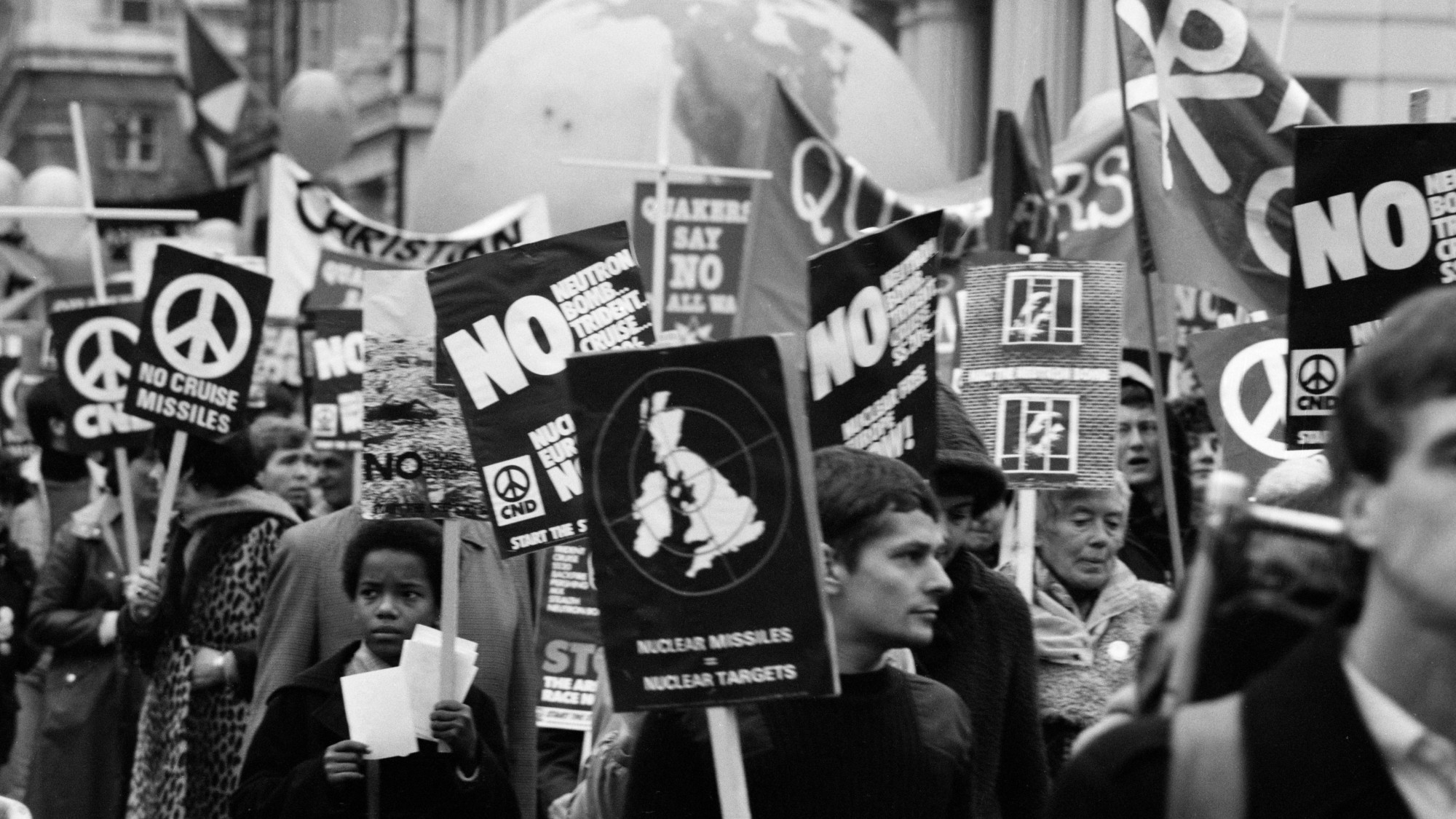 The history of US nuclear weapons on UK soil
The history of US nuclear weapons on UK soilThe Explainer Arrangement has led to protests and dangerous mishaps
-
 Vladimir Putin’s ‘nuclear tsunami’ missile
Vladimir Putin’s ‘nuclear tsunami’ missileThe Explainer Russian president has boasted that there is no way to intercept the new weapon
-
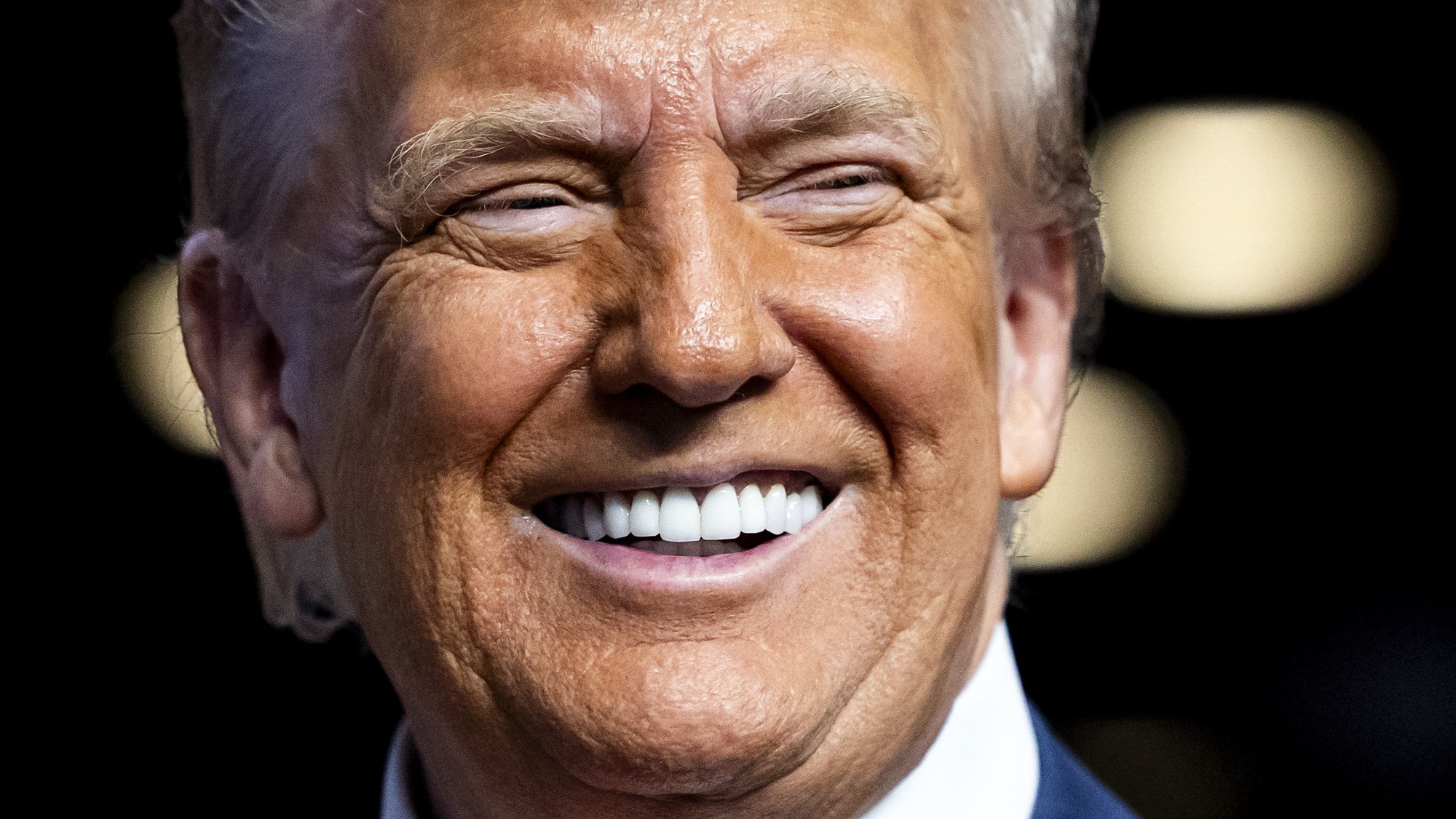 How long can Nato keep Donald Trump happy?
How long can Nato keep Donald Trump happy?Today's Big Question Military alliance pulls out all the stops to woo US president on his peacemaker victory lap
-
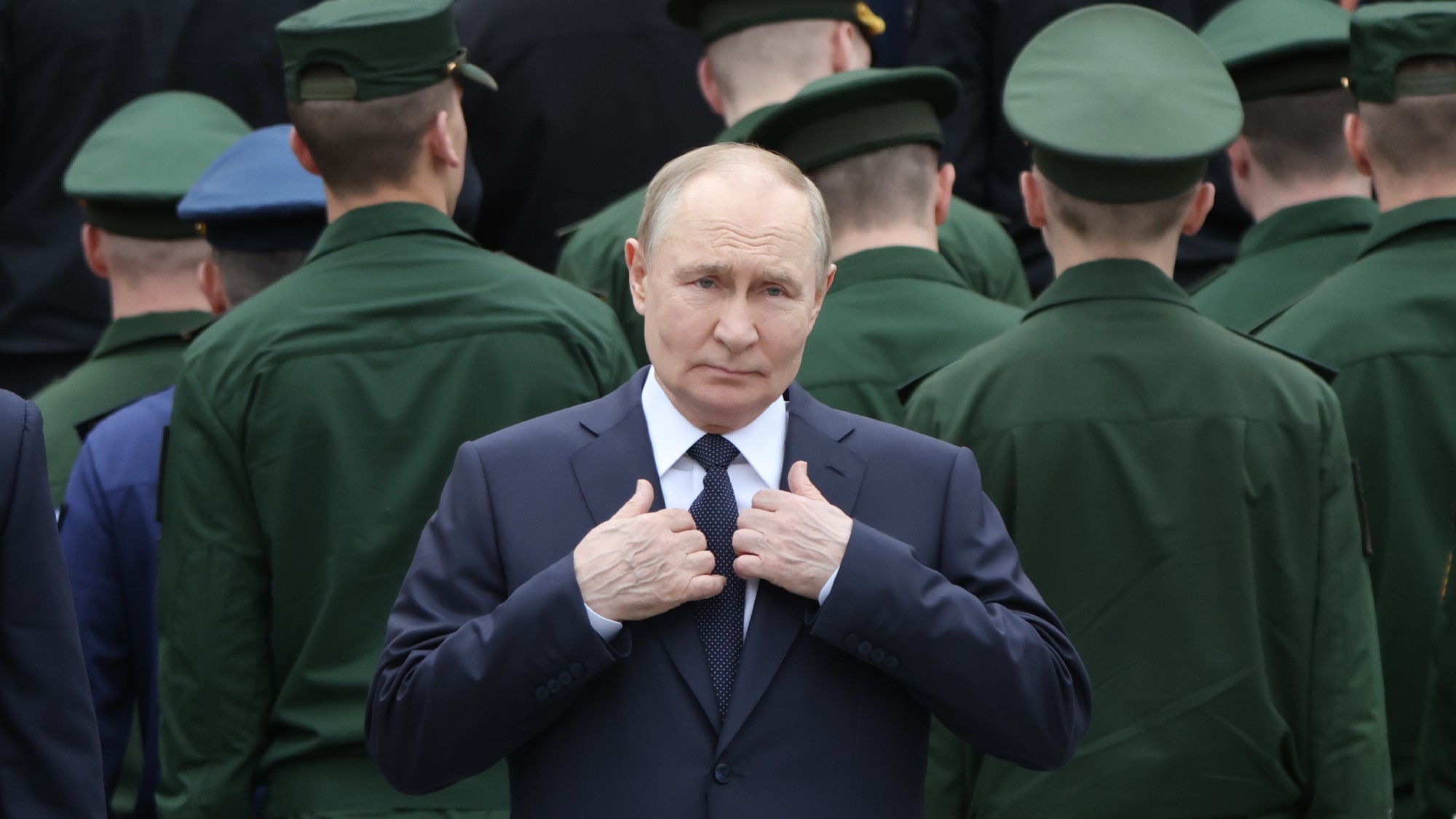 How far would Russia go for Iran?
How far would Russia go for Iran?Today's Big Question US air strikes represent an 'embarrassment, provocation and opportunity' all rolled into one for Vladimir Putin
-
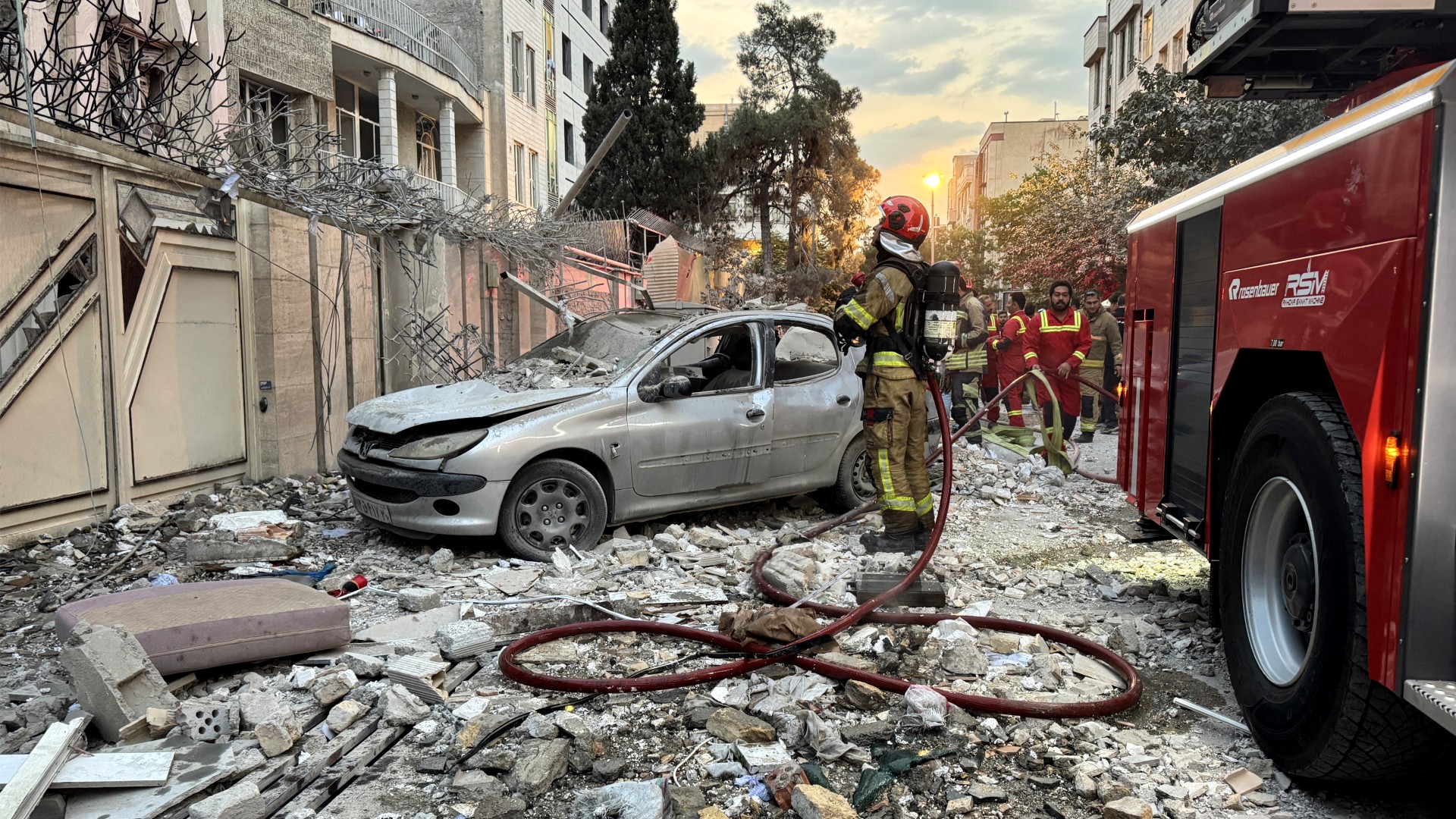 How the Israel-Iran conflict broke out
How the Israel-Iran conflict broke outThe Explainer Israel's strike on Iran's nuclear and missile programmes was years in the planning
-
 Will the UK get involved in the Israel-Iran conflict?
Will the UK get involved in the Israel-Iran conflict?Today's Big Question Keir Starmer is 'walking a tightrope' in helping Israel limit Tehran's nuclear capabilities without being seen to do so
-
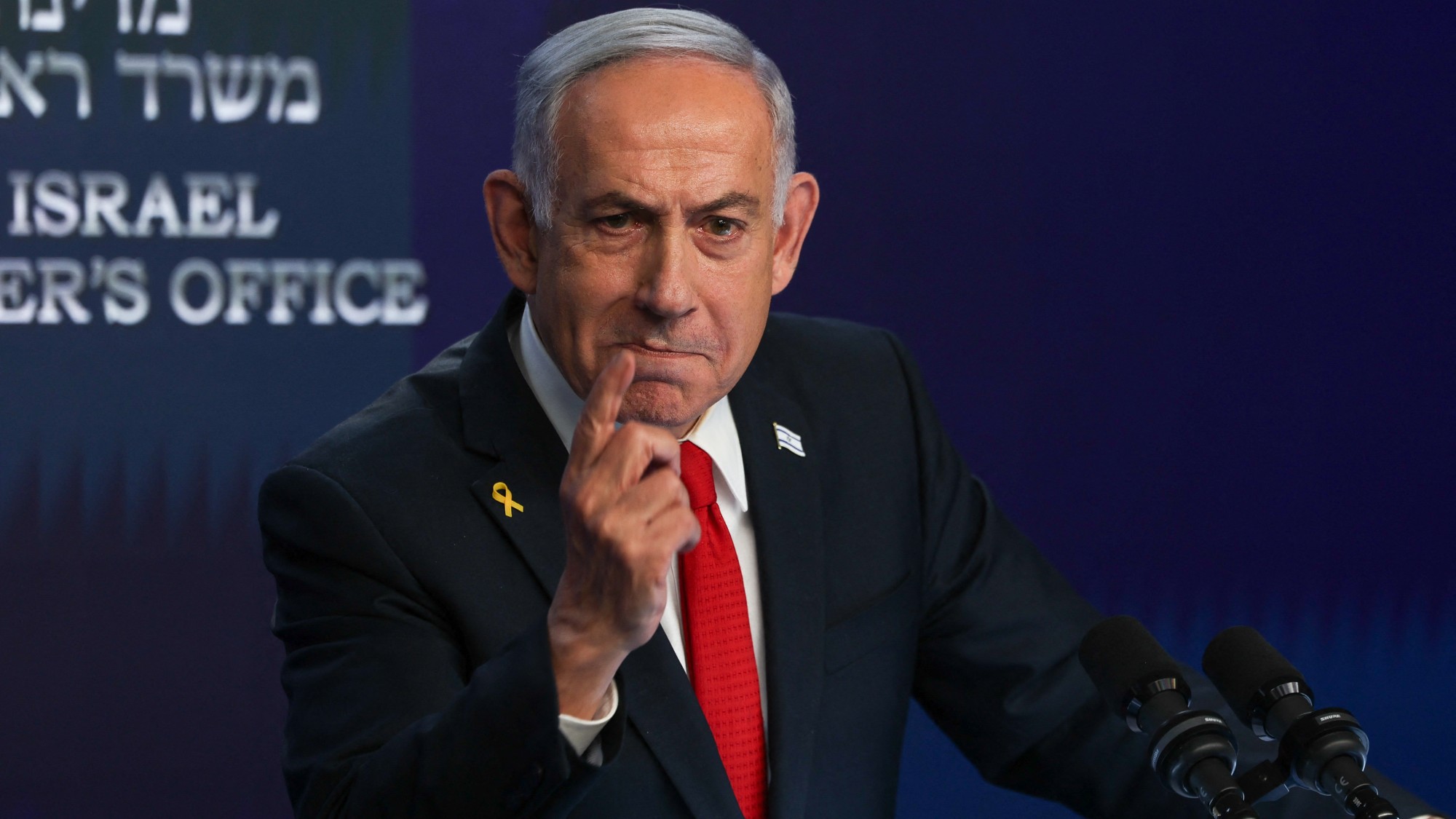 What happens if Israel attacks Iran?
What happens if Israel attacks Iran?TODAY'S BIG QUESTION Israel is 'ready to strike' and Tehran has plans for counterattacks against the US as nuclear talks appear deadlocked